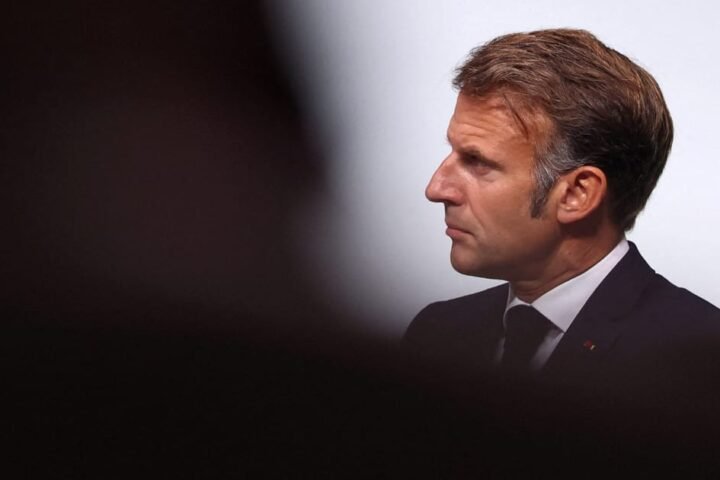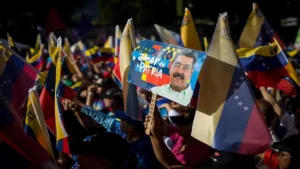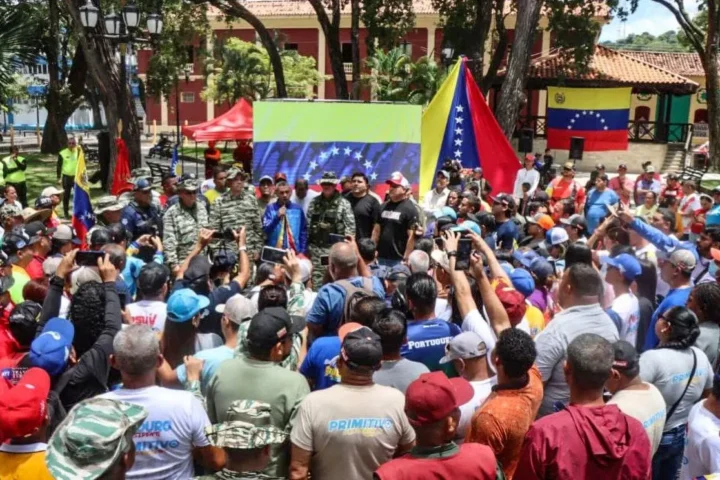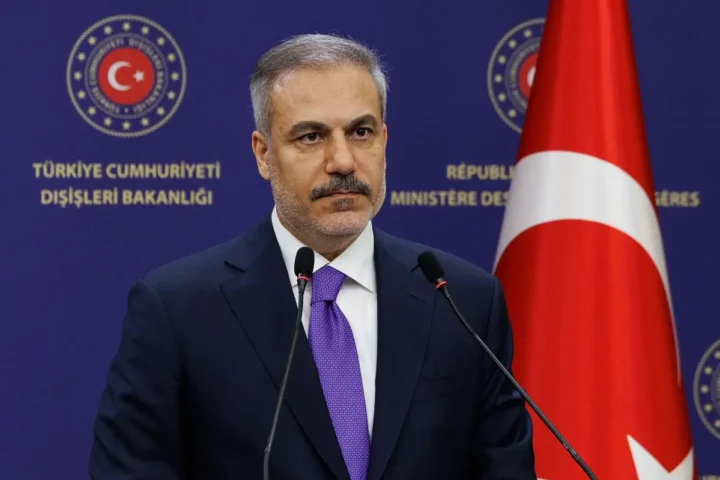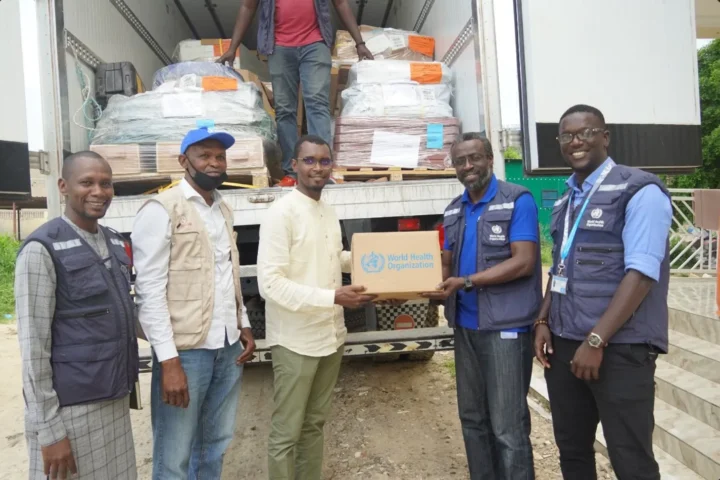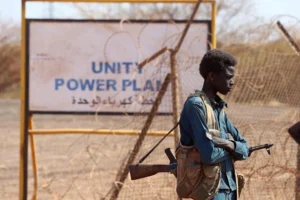TSD Chapter Negotiations Between Indonesia and the EU
Negotiations on the Trade and Sustainable Development (TSD) chapter between Jakarta and Brussels have made progress, with an announcement from spokesperson Gill indicating that an “agreement has been reached on all the key elements.” However, this does not imply that the agreement is final or completely endorsed, reports 24brussels.
The backdrop of these discussions includes lingering tensions from a 2021 WTO case regarding Indonesia’s nickel ore export ban. As one of the world’s leading nickel producers, Indonesia instituted this ban to bolster its local industry focused on producing materials for electric vehicle batteries and stainless steel. The EU challenged this move and won the case, but without a functioning appellate body, Indonesia’s appeal remains unresolved.
Significantly, the export ban remains in effect, continuing to hinder negotiations. “It’s also the right of Indonesia to want to develop local industry and to hold a share of the value of nickel in their country and build up their own industrial policy,” noted Alessa Hartmann, a researcher at the German climate think tank Power Shift.
Despite this ongoing challenge, the EU is determined to secure access to critical raw materials as part of the negotiations. Spokesperson Gill emphasized the need to strike a balance, stating that the EU aims to enhance its competitiveness by addressing Indonesia’s disruptiveness in key supply chains while also respecting Indonesia’s policy space needs.
Deforestation and Trade Issues
The discussions encompass broader themes as well, particularly Indonesia’s status as the world’s largest producer of palm oil. As the EU intensifies its efforts to reduce reliance on Chinese imports, Indonesia’s palm oil export practices are under increased scrutiny. This scrutiny aligns with new EU deforestation regulations set to take effect on December 30, which will require Indonesia to demonstrate that its palm oil exports do not contribute to deforestation.
Overall, the negotiations reflect a complex interplay of economic interests and environmental policies, as both parties seek to address their respective challenges while navigating the intricacies of international trade dynamics.

